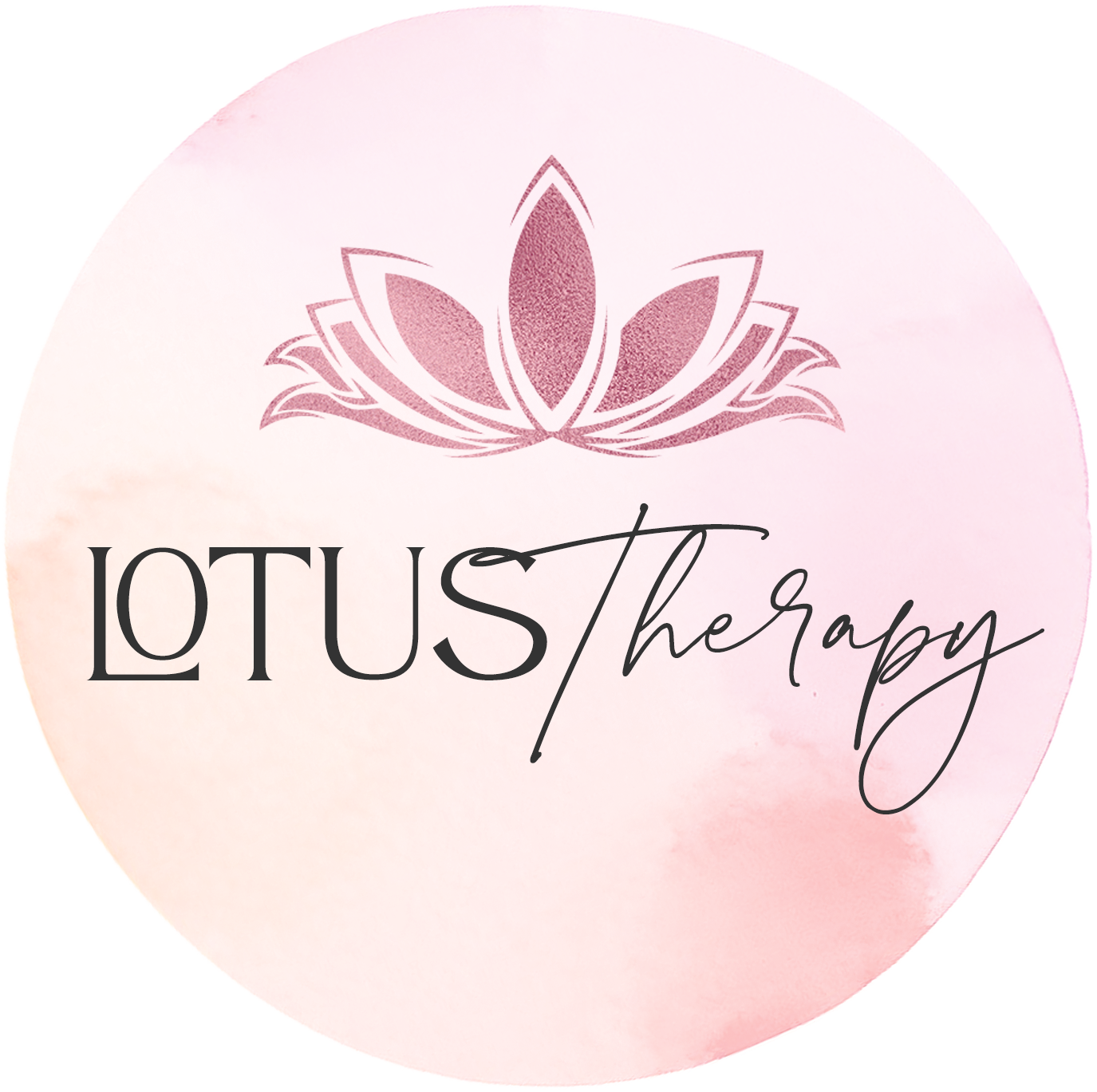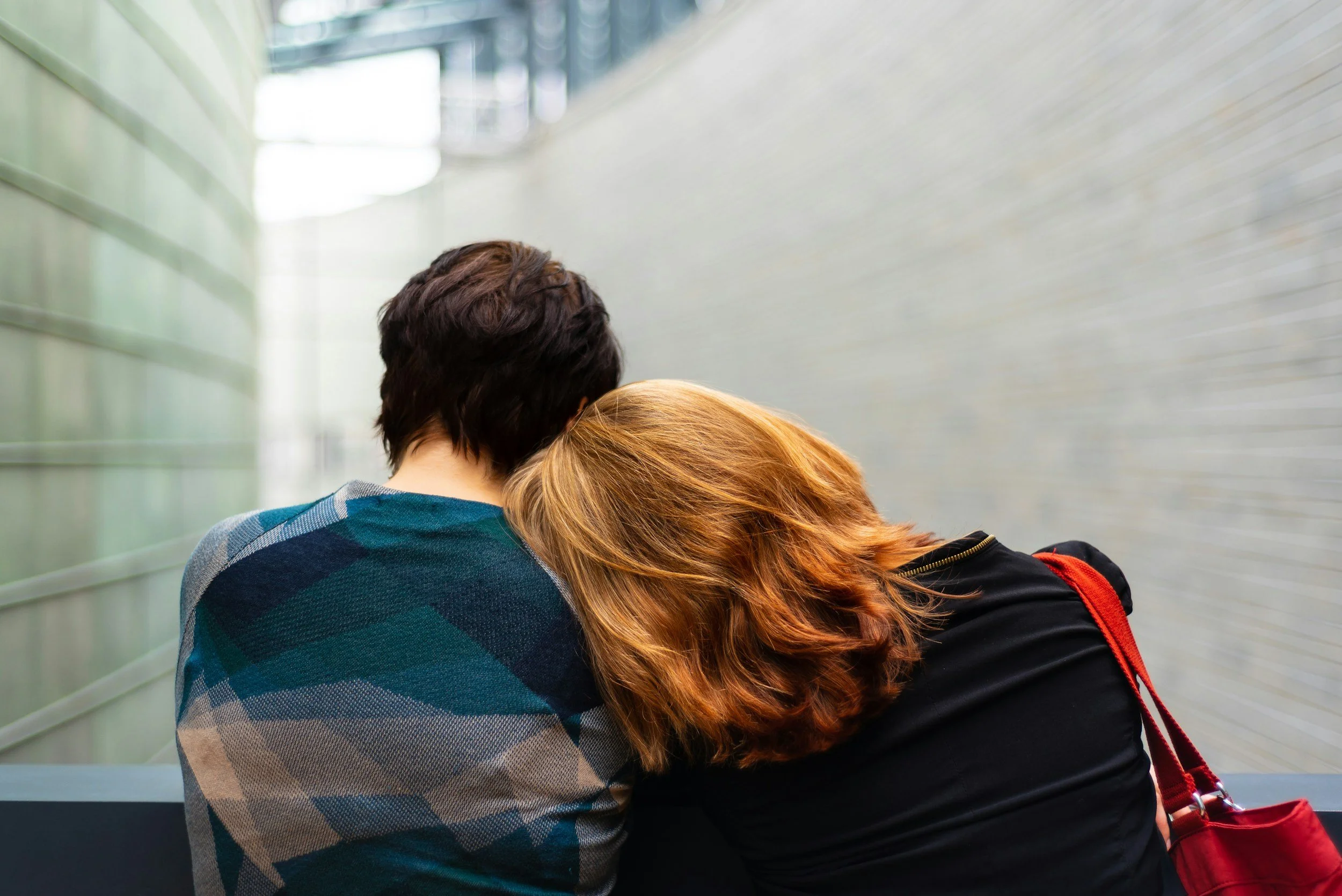The More We Empathize, the Safer We Feel
What Marshall Rosenberg Taught Us About Connection
Empathy is often misunderstood. Some think of it as a performance, a technique, or a quick fix for discomfort. But at its core, empathy is presence—a deep willingness to connect with another person’s emotional world without judgment, advice, or urgency to fix. And as Marshall Rosenberg, founder of Nonviolent Communication (NVC), taught, empathy is not just something we give to others—it’s something that creates emotional safety for everyone involved.
In fact, one of the most profound insights from Rosenberg’s work is this:
“Empathy, when given or received, helps people feel safe.”
And not just the person being empathized with—you, too. The more we empathize with someone else, the safer we feel. Let’s explore why.
What Is Empathy, Really? (Hint: It’s Not What Most People Think)
In the NVC framework, empathy is not about fixing, sympathizing, analyzing, or solving someone’s problem. Instead, it’s about being with the feeling. It's the act of listening for what’s alive in the other person: their feelings, their unmet needs, their humanity.
It sounds simple—but in practice, it asks us to slow down, regulate our own nervous systems, and be willing to stay present with another’s pain, fear, or longing without pulling away.
How Empathy Creates Safety—for Both People
When we empathize with someone—especially a partner during a moment of tension, grief, or vulnerability—we stop being adversaries and become allies. The walls come down. The nervous system softens. Emotional defenses drop.
This is true not only for the person receiving empathy, but also for the one offering it.
Here’s why:
1. Empathy calms the nervous system
As Rosenberg emphasized, the moment someone feels heard—truly heard—they relax. And when they relax, we relax. The emotional atmosphere shifts from tension to trust.
2. Empathy quiets the ego
When we focus on connecting to another’s feelings and needs, we’re less likely to take things personally. That shift from “me vs. you” to “we’re both human here” invites safety and understanding on both sides.
3. Empathy reminds us of our shared humanity
According to Rosenberg, all human behavior is an attempt to meet universal needs. When we empathize, we remember that our partner isn’t trying to hurt us—they’re simply trying to express or protect a need. That reframe builds compassion and reduces fear.
In Relationships, Empathy Is a Safety Signal
In romantic partnerships, where emotional stakes are high, empathy can feel like a lifeline. It communicates:
“You don’t have to be perfect for me to love you.”
“Your feelings matter, even when I don’t fully understand them.”
“You’re not alone in this.”
And because we’re wired for emotional reciprocity, when we show up empathetically, our partner is more likely to respond with empathy as well. The relationship becomes a safe haven instead of a battlefield.
Empathy in Action: What It Sounds Like
From Rosenberg’s Nonviolent Communication model, empathy involves tuning in to both feelings and needs.
Here are a few examples:
“Are you feeling overwhelmed right now because you need some support?”
“It sounds like you’re frustrated—maybe because you were needing more understanding?”
“I’m hearing that this really matters to you. Would you like me to just listen, or would it help to talk it through together?”
Notice that empathy isn’t passive—it’s attuned, present, and emotionally engaged. It invites dialogue rather than shutdown.
Why We Feel Safer When We Offer Empathy
Empathy is not just a gift to the other person—it’s an act of self-regulation and emotional alignment.
When we empathize with others:
We shift from reactivity to response
We drop our armor and soften into connection
We align with our values (kindness, presence, care) rather than our fear
We reduce inner conflict, guilt, and emotional overwhelm
Empathy invites us into coherence—with ourselves and with the other person. And that internal coherence is what creates safety within us.
Empathy Is the Path to Safety and Connection
As Marshall Rosenberg taught, empathy is not something we “do” to others—it’s a way of being with others. It builds bridges where there were walls. It fosters understanding where there was tension. And, perhaps most powerfully, it makes everyone involved feel safer, more connected, and more human.
If you find yourself in repeated conflict, disconnection, or emotional shutdown in your relationship, empathy may be the missing link—not just receiving it, but practicing it. Because every time we choose empathy, we choose connection. And in that connection, we remember:
You’re not the enemy. We’re in this together.
Interested in learning how to integrate Nonviolent Communication into your relationship or marriage? I offer support for couples who want to create emotional safety, deepen empathy, and build stronger, more secure connections.
As a couples therapist based in Lakeland, Florida, I offer personalized counseling services to help couples strengthen their relationships. If you feel that professional help could benefit your relationship, don’t hesitate to reach out! If you're looking for something more personalized, I invite you to contact me for a consultation or book a session. Together, we can work towards building a more intentional and fulfilling relationship.
Written By: Crystin Nichols MS, RMFTI

